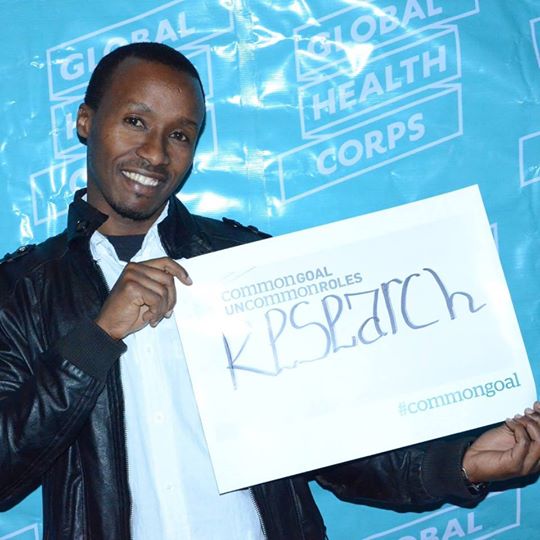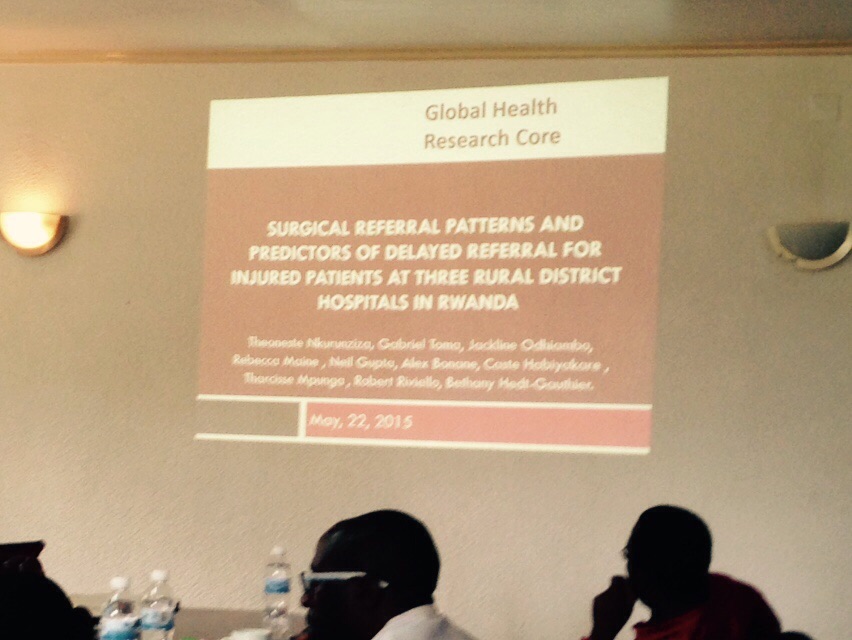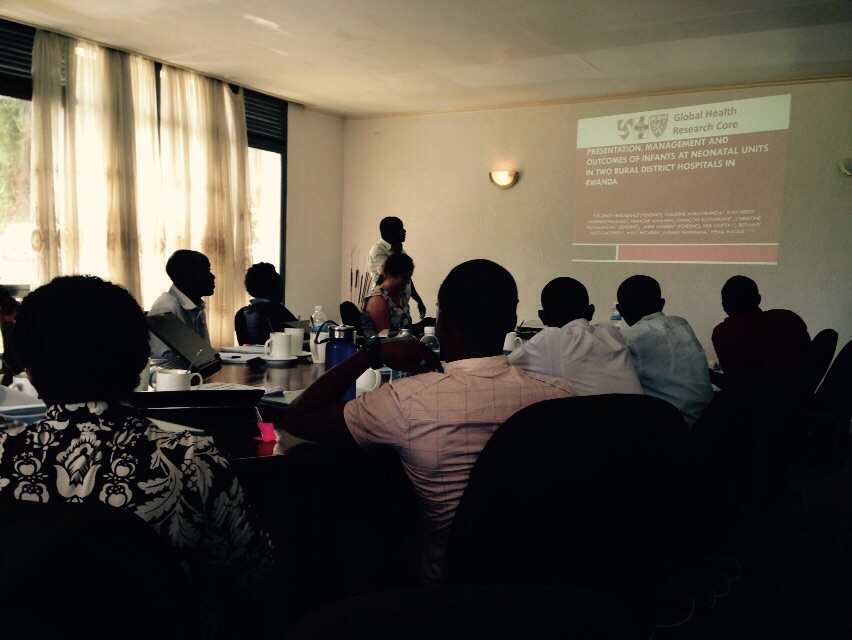“The idea that some lives matter less is the root of all that’s wrong with the world.” Said Dr. Paul Farmer, the co-founder of a Boston based Partners In Health (PIH).
Inshuti Mu Buzima (IMB), Rwandan sister organization to PIH, operates in three rural districts (Burera, Kirehe and Kayonza) that previously had some of the country’s worst health outcomes with the objective to improve and provide high-quality of healthcare. I do research because I know it plays a key role in every discovery related to health. Doing research in health is my biggest contribution to promoting global health, as I believe that health is a human right. Part of what I do is capacity building through operational research training.
The research department at IMB is committed to building the capacity of its staff and Ministry of Health partners to conduct quality research, from conception to dissemination. One of the priorities for the IMB Research Department is to provide hands-on training for operations, and implementation research. I am proud to have been part of that as a Global Health Corps Research Fellow.
Intermediate Operational Research Training (IORT)
The Intermediate Operational Research Training (IORT) Program was introduced in 2013 with five teams of two people each including one IMB and one MOH partner staff. As a GHC Research Fellow, my role has been to facilitate the training as a Research Assistant. To begin with, I coordinated the application process whereby 28 people, 19 IMB staff and 9 MOH staff, applied for seven topics available. Each Applicant was supposed to submit a three page application form, specifying which of the Research topics he/she was applying to, and a letter of support from his/her supervisor. Candidates were allowed to apply for up to two different topics. I compiled the information into an excel spreadsheet I created to see who applied for each topic by site.
The Research Committee, Principle Investigators of the Research topics and MoH site leadership reviewed and scored the applications to select thirteen investigators to lead seven topics available: delayed surgical referrals, descriptive surgery, Breast Cancer, Verbal and Social Autopsy, Asthma, HIV/AIDS and Maternal and Child Health.
Once selected, investigator‐teams receive a training for almost eight months. The training covers topics including refining the Research question, literature searches, writing Research protocols, designing studies, data collection, data analysis, writing a Research paper, and dissemination. Trainees immediately apply these skills to research projects that they are leading under the mentorship of course facilitators including two senior mentors and three Research Assistants (RAs) including myself. Mentors provide lectures every month for eight months and technical support. Each RA is assigned two teams he/she supports by providing hands on after the training sessions.
The teams I’ve been assigned to are working on two projects: Verbal and social autopsy project aiming at finding out care seeking patterns of families that experienced under five deaths in rural Rwanda, and neonatal project with the objective to describe the presentation, management and outcomes of infants at neonatal units in two rural district hospitals namely Rwinkwavu and Kirehe. I’ve been helping my teams throughout the process including writing the research protocols, cleaning and analyzing the data using Stata 13 and presenting their results into tables. Since recently, we have been discussing the result points and working on finding out the appropriate journal to submit our papers to. My team and I started writing papers and we hope to submit to the journals for peer review by the end of July.
Not only I’ve been providing support to two aforementioned teams but I’ve also been coordinating the logistics for the training. I draft invitation letters and send them at least one week before the training to allow time for participants to prepare. I write concept notes and prepare budget and ensure it is approved prior to the training day. It falls under my responsibilities to also make sure transportation, conference room with all materials such as projector, flip chart, markers and power extensions are in place ahead of meetings. I will facilitate the last training session in mid-June but will continue to work with the teams on paper writing until we publish. My fellowship has been a success simply because the research work I’ve been doing empowered people (IMB and MOH staff) who care about global health day after day.



